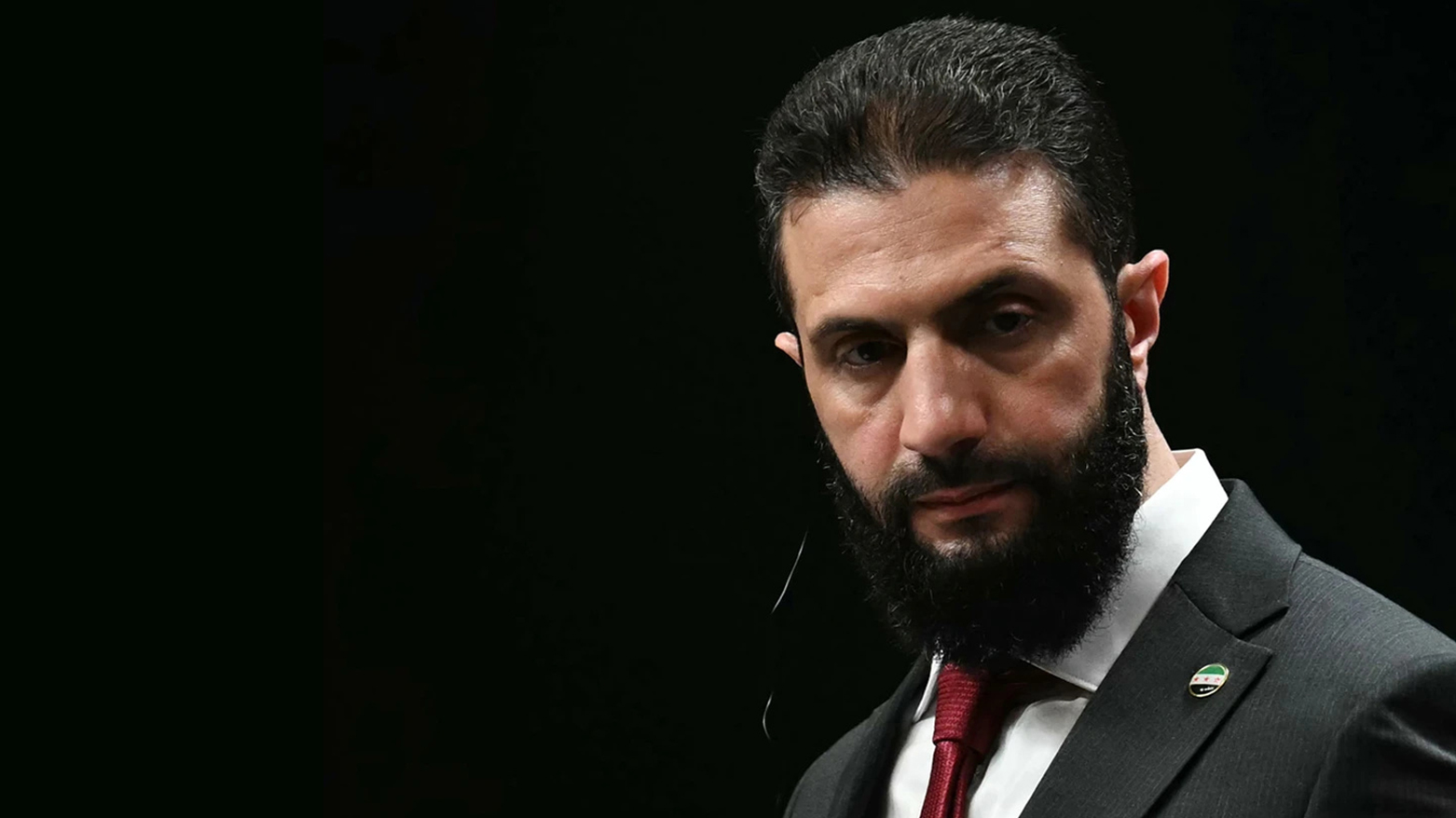Threats Against Ahmad Shara Escalate in Iraq
16 of 22 Arab League members confirmed attendance for Iraq’s Arab Summit , with key nations like Qatar, Saudi Arabia, Jordan, Kuwait, Algeria, and Tunisia sending foreign ministers or mid-level delegates instead of leaders.

By Ahora Qadi
ERBIL (Kurdistan24) – Syrian interim President Ahmed al-Sharaa has been advised not to attend the upcoming Arab League Summit in Baghdad following threats and political pressure from several influential Shiite leaders in Iraq, according to Kurdistan24’s Baghdad correspondent Shvan Jabari.
Sharaa Opts Out Amid Threats
Sharaa, who recently assumed office following the collapse of the Assad regime, was expected to represent Syria at the Arab League Summit scheduled to convene in Baghdad on May 17. However, due to a wave of warnings and explicit threats from Shiite factions, Sharaa has decided to delegate his foreign minister, Asaad Shaybani, to attend in his stead.
According to Jabari, these threats were conveyed through several private messages sent by top Shiite political figures who opposed Sharaa’s presence in Iraq, citing pending judicial demands from Iraq’s Supreme Judicial Council. Pressure was also exerted on Iraqi Prime Minister Mohammed Shia’ al-Sudani not to extend an official invitation to Sharaa.
Security Concerns and Political Calculations
Adnan al-Sarraj, a political adviser to the Iraqi Prime Minister, confirmed in a televised statement that Sharaa would not attend the summit, stating that “he requested an exemption” due to recent tensions between the Syrian military and Druze factions. Al-Sarraj hinted that Sharaa’s safety could not be guaranteed amid potential backlash, characterizing his absence as a preventive measure.
Adding to the chorus of opposition, Nouri al-Maliki, head of the State of Law Coalition, delivered a public message to Sharaa, declaring, “We hope you do not come to Baghdad — your presence would not be welcome,” in remarks widely interpreted as a veiled threat.
Shiite militia leaders including Qais al-Khazali also voiced their opposition through media outlets, reinforcing a narrative that Sharaa’s attendance would be “provocative and unacceptable.”
Limited Arab Attendance
Despite Iraq’s invitations to all 22 Arab League member states, only 16 have confirmed participation. Key countries such as Qatar, Saudi Arabia, Jordan, Kuwait, Algeria, and Tunisia have chosen to send either foreign ministers or mid-level delegates, rather than their heads of state.
Heightened security measures are also being put in place ahead of the summit. From May 14 to 18, the movement of motorcycles, tuk-tuks, and cargo vehicles will be restricted in Baghdad. Furthermore, an official public holiday will be observed across Iraq, excluding the Ministry of Education due to ongoing exams, to ensure stability during the summit.
A Test of Iraq's Diplomatic Landscape
Sharaa’s sidelining reflects both the deep factionalism within Iraqi politics and the sensitivity surrounding Syria’s post-Assad government. While Baghdad seeks to project unity at the Arab League Summit, internal rifts over regional alignments and residual mistrust of Syria’s new leadership pose a complex diplomatic challenge.